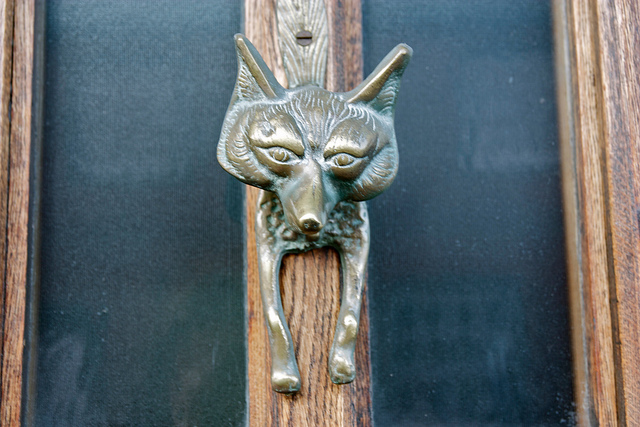I moved out for the first time when I was 18. I went to Manchester and lived in private halls at university. In all honesty, I don’t think I was ready to be living alone or to be going to university. That’s a story for another time.
Anyway, a lot of time has passed by since my university days and I have lived in lots of different cities, flats and houses. I tend to move at least once a year at the moment. I haven’t found a city or area where I want to live in the long-term but I have learnt a lot about moving out from the comfort of homehome.
Recent research by LightBulbs Direct has revealed that 1 in 4 Brits can’t change a lightbulb. That’s pretty poor but luckily, it’s something that can easily be learnt. I’ve also heard that 26% of people struggle with sewing and unclogging sinks. Now, we can’t be experts at everything but I do think it’s important not to expect or wait for others to do something for you. There’s much more power and independence in being about to do things for yourself
So, here are my tips for those of you moving out for the first time.
– Second opinion: Always ask a friend or family member to view your potential new living space before you sign any paperwork. You don’t want to miss a damp patch on the wall.
– Take photos: Before moving into your new home take photos of everything and note it down on the inventory. Keep the photo safe and when you move out be sure to clean the flat/house throughly and have the photos to hand if they try to change you for something that was already there when you moved in.
– Locate the meters: You don’t want to be over charged for your bills. So, being aware of your water and electricity readings will help you to avoid any problems with that. If it’s not obvious where they are then be sure to ask the landlord or estate agent when they’re showing you around the flat/house. It’s a standard question, so don’t feel shy or silly.
– Set up utility bills: Do this as soon as possible. Make a list of everyone you need to contact (water, gas, electricity, internet etc) and register with them. Get the boring jobs out of the way as quickly as possible.
– Create a house folder/box: You don’t want to end up with paperwork all over the house and then be unable to find that one piece of important information when you need it. A neat folder or a simple box will help to keep everything together. It doesn’t need to be organised, just hold it all in one place.
– Lightbulbs: If you’re not sure how to change the lightbulb then ask the landlord or estate agent. It’s better to ask when they’re around so they can demonstrate. Make a note or take a photo of the types of lightbulbs you’ll need and keep them on your phone. This handy guide will also help you to understand more about the different types of daylight bulbs.
– Sewing kit: Keep one in the kitchen, on the shelf or in your make-up box. It doesn’t matter where it is just be sure you know the location of it. It sounds silly but you don’t know when it will come in handy.
– Put together a budget: It’s essential to know exactly what your fixed costs will be each month and how much disposable income you have to spend on saving, food, activities, clothes etc. It doesn’t need to be a strict budget, but having some kind of idea where your money is going each month is good.
– Plan your meals: I know that sounds boring but trust me, it will save you time, money and help you to avoid eating too many takeaways. I put together this post on the benefits of meal planning.
– Heating: Ask the landlord or estate agent how to use the heating system. If you want more information then simply Google the model on the control panel and find out as much as you can.
Most importantly, don’t be afraid to ask for help. It’s the only way you’ll learn and gain new skills.


